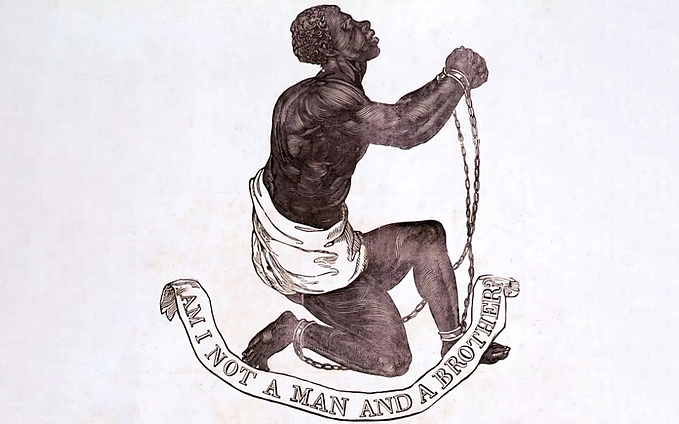Member-only story
Apostle Peter and Peer Pressure
After Jesus was crucified and resurrected, and after receiving the Holy Spirit, Peter still struggled to understand and apply Christ’s teachings. He was raised in the Jewish dogma and practices of his day which included placing a high value on fellow Jews while discounting other humans as lesser or unclean. Peter also spent much of his ministry in Jerusalem spreading the gospel to Jews, an environment that influenced his own perspectives. Like the fallen church organizations of today that have succumbed to secular pressures to discard basic spiritual practices of morality and integrity, in the following example Peter is called out by Paul for succumbing to the pressure to make Gentiles more Jewish rather than making Jews more Christian.

But when Cephas (Peter) came to Antioch, I (Paul) opposed him to his face, because he stood condemned. For before certain men came from James, he was eating with the Gentiles; but when they came he drew back and separated himself, fearing the circumcision party (Jewish peers). And the rest of the Jews acted hypocritically along with him, so that even Barnabas was led astray by their hypocrisy. But when I saw that their conduct was not in step with the truth of the gospel, I said to Cephas before them all, “If you, though a Jew, live like a Gentile and not like a Jew, how can you force the Gentiles to live like Jews?”
We ourselves are Jews by birth and not Gentile sinners; yet we know that a person is not justified by works of the law but through faith in Jesus Christ, so we also have believed in Christ Jesus, in order to be justified by faith in Christ and not by works of the law, because by works of the law no one will be justified. — Galatians 2:11–16
Christians must guard against the cross-over of secular perspectives and goals into the church body of Christ. Rather than challenging fellow Christians to forsake the ways of the world, too often churches have adopted secular ways over the example of Jesus. Claiming to be a Christian or a church based upon the teachings of Christ Jesus does not make it a reality. Claims must be proven by outcomes. The fruit of a church should not be measured by the number of people sitting in the pews nor the amount of money received in offering. Christian fruit is identified by a humble lifestyle that exudes love without the stain of lust and physical…








